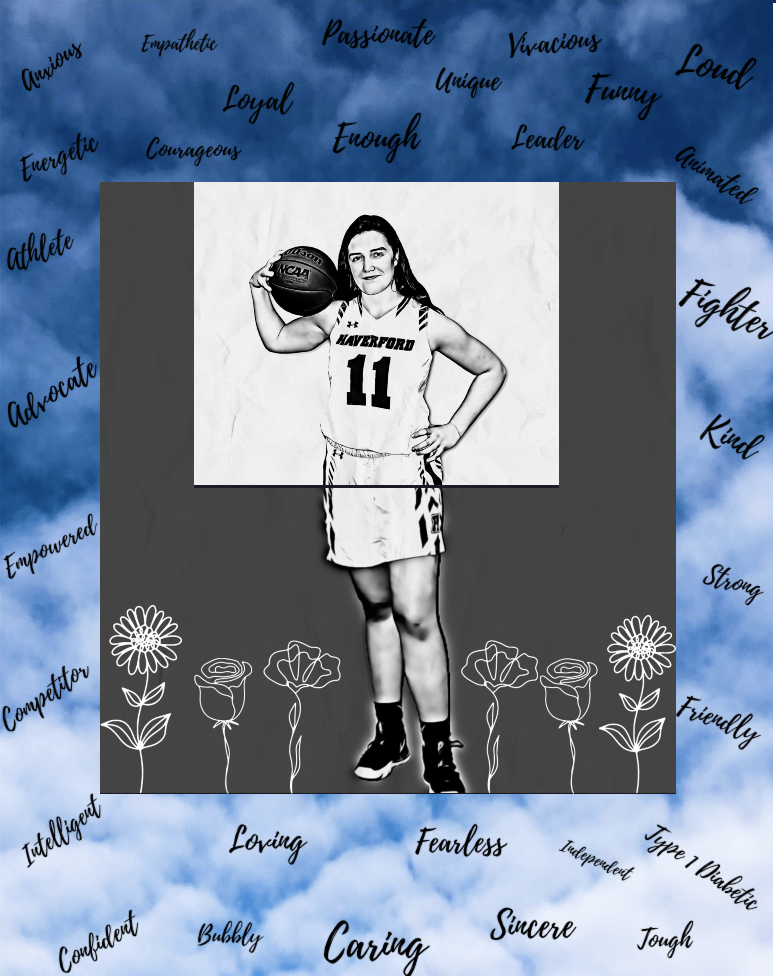The Pandemic and Disability
By LilahJanuary 27, 2022 - 13:30

Serendip is an independent site partnering with faculty at multiple colleges and universities around the world. Happy exploring!


Out of all the pieces we read this past week about disability identity and justice, the one which resonated the most with me was Sins Invalid's Ten Principles of Disability Justice, and in particular the ideas of sustainability and interdependence. Throughout my life, I have been exposed to disability in the unfortunately standard way in the US: if you are disabled, you either "fix yourself" so as to become independent and productive in society, or become a burden to your family, social services, etc. if you are unable to do so. I became very detached from that label and community of disability, being conditioned to see it as only inclusive of that supposed latter group who "could not fix themselves" and became something a little less than human in the eyes of society.

"It is a strange time to be alive as an Asian American disabled person who uses a ventilator," writes Alice Wong in the Vox article, I'm Disabled and Need a Ventilator to Live. Am I Expendable During this Pandemic? In the rise of hate against AAPI communities during the pandemic, accompanied by the fact that Alice Wong is a visably disabled person, she speaks on the pandemic from her lens of being a insectionally marginalized person. She brings up how medical racism, ableism, ageism, among more, are all contributing to the alive and well acts of Eugenics disabled people are being especially faced with during the pandemic.

TL;DR: The pandemic has demanded new ways for everyone to access the world. Some of these forms were more accessible for disabled people than the pre-pandemic world. Can we keep what we have gained in an ableist society that wants to return to "normal"?

The article in NY times by Liva Lehrer is especially moving to read, as it covered moral dilemma under special periods of time. Though the 21th century has made immense progress in technological improvements, mobility of resources and people across geographical and spatial boundaries, there are still many issues awaits us to tackle. COVID 19 revealed to us a public health system that is biased in its foundation, as resources are devoted to patients with a higher chance of survival. Under such medical resource shortage, the lives of those impacted by disability only struggled harder. One could not evaluate the worthiness of a life merely by statistics, as we are humanistic and meaningful beings. But how could we solve the issue in a better way?

Pandemics, Death, and Quality of life (TW: disregard for human life)

In Alice Wong’s interview with the Solidarity Chat podcast, she shares her lived experience as an Asian American disabled person to highlight how the pandemic continues to affect disabiled people and communities. The united health concern over the Coronavirus has led to an increase in discrimination and disregard of marginalized groups. The health and wellbeing of people with disabilities is not prioritized, and rather they are devalued as people with ‘disposable’ bodies. This narrative causes people with disabilities to become even more invisible within society.

This week, I really enjoyed having the opportunity to read about Mia Mingus' concept of access intimacy. This term was not something that I had previously encountered. As someone who lives their life hoping to treat all individuals with equal amounts of respect and compassion, I find that providing access intimacy is now a huge goal of mine. As someone who does not (not yet, at least) identify as disabled, I can’t exactly understand how it may feel to navigate a world that was intentionally built to serve some and not others and to be accessible for some, but not all.
Moses's Speech Disorder in Commentaries on the Torah

